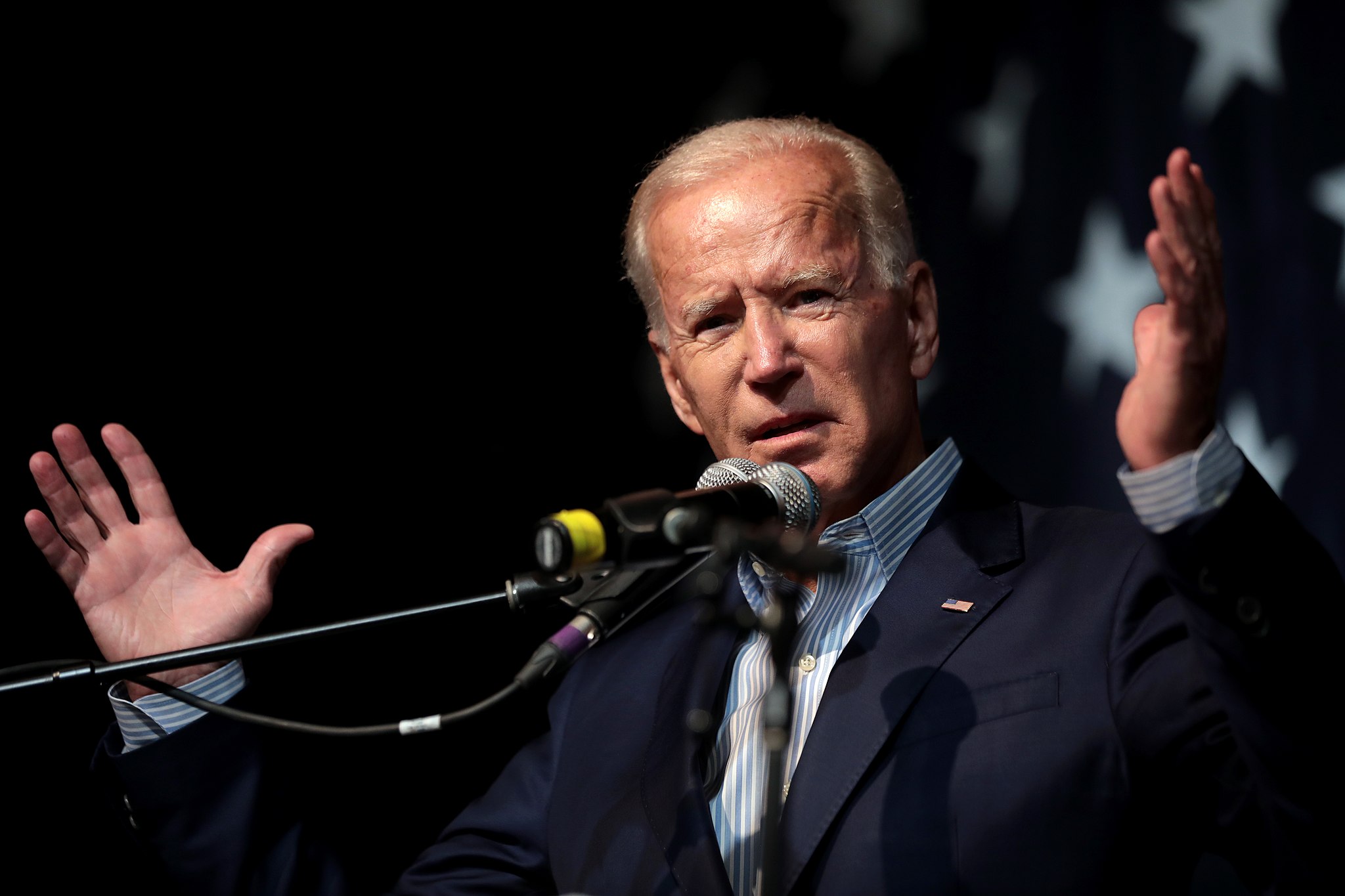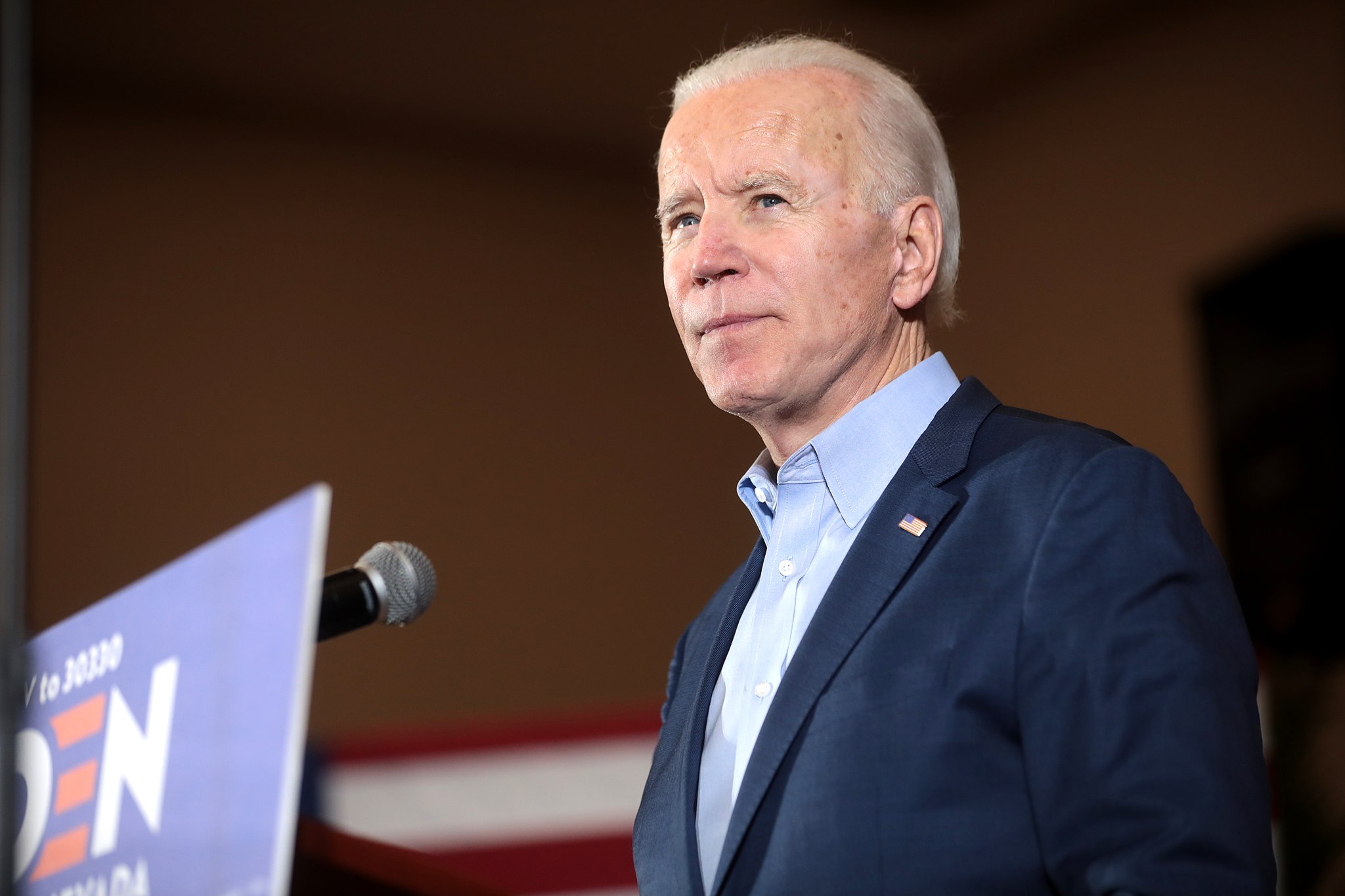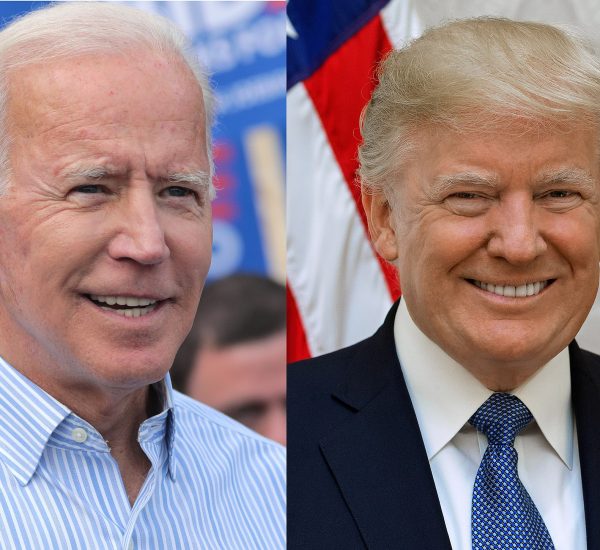The Texas Senate wasted no time in advancing two significant measures aimed at bolstering the state’s role in immigration enforcement. In a swift legislative move, these bills, one criminalizing border crossings from Mexico into Texas and the other allocating over $1.5 billion for border enforcement, raced through the Senate just two days into a special legislative session.
This rapid progress was achieved by suspending the Senate’s standard rules of procedure, a noteworthy departure from convention. However, the decision to criminalize unauthorized border crossings at the state level has stirred controversy. Critics point out that immigration enforcement typically falls under the federal government’s constitutional authority and raise concerns about potential abuses in policing such crimes.
The memory of the Trump administration’s 2018 zero-tolerance policy, which led to the separation of over 2,000 children from their parents, looms large as a cautionary tale of the consequences of such measures. Efforts to reunite these families continue to this day.
Opponents of the Texas bills argue that these state offenses could have far-reaching implications, potentially affecting U.S. citizens. State Senator César Blanco (D) expressed his apprehension on the Senate floor, emphasizing the diverse makeup of Texas and the risks associated with wrongful deportation or detention. He also criticized the federal government for its handling of border issues.
The fate of these bills now rests with the state House, where they join a school choice proposal central to Governor Greg Abbott’s (R) agenda. Abbott has made it clear that he could take this issue to GOP primaries if the House fails to deliver the bill to his desk.
While Texas Republicans generally support the principles behind these immigration and school choice bills, past legislative sessions have seen disagreements over specific wording delay their passage. This ongoing legislative battle reflects the significance of these measures in the state’s political landscape.
Remarkably, the Texas Legislature, which traditionally convenes for 140 days in odd-numbered years, finds itself in its fourth special session of the year. This marks an unprecedented move by the governor, calling four special sessions in a single year, as reported by The Texas Tribune.






